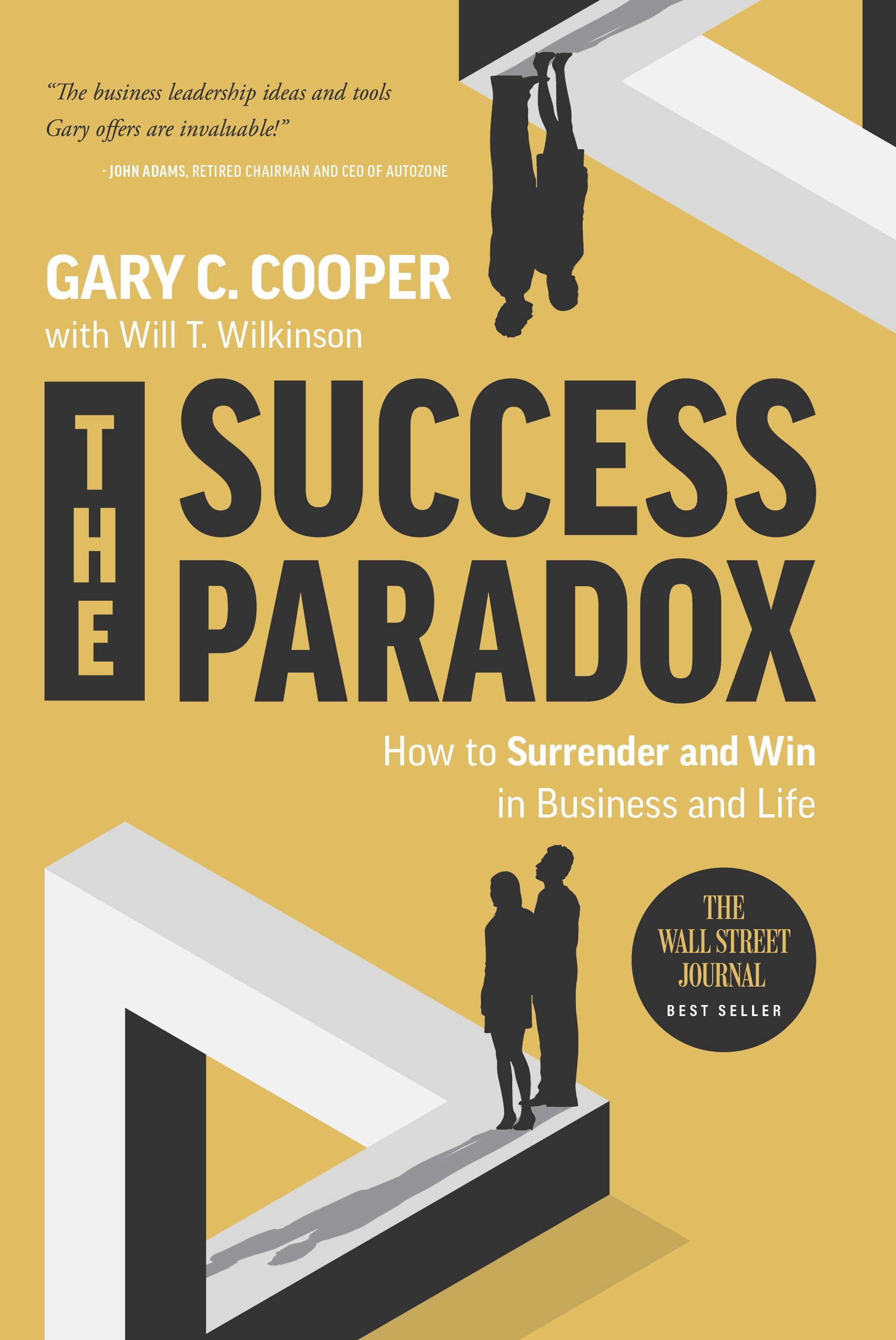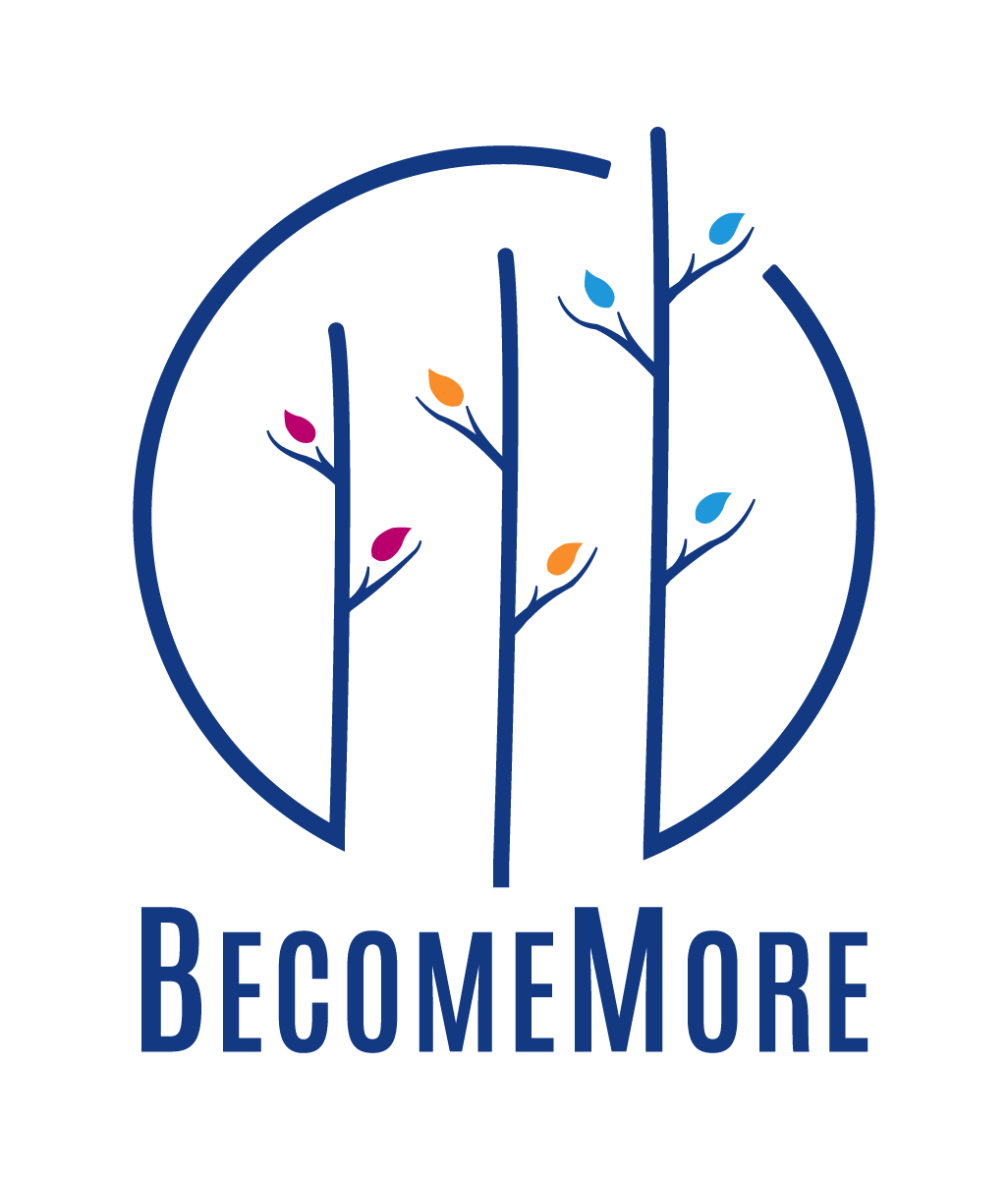
In my past life, I was a teacher of literature. Reading, thinking, learning, and growing are important to me. My husband makes fun of me because I cannot seem to read a book or article without highlighting and making notes in it.
Right now, I am reading The Success Paradox by Gary C. Cooper (with Will T. Wilkinson). This is a book that I wish had come earlier in my career. I grew up believing that logic was the only true way to figure things out, come to a decision. This caused great turmoil inside me. Not that I didn’t believe in logic, not that I believed opinions were the most important guides just because we thought and felt them. Rather, I wanted to understand why those opinions and ideas felt so strong inside me and why they were considered lesser by others because I didn’t always have numbers to prove them.
I think I taught myself to be more logical, and I am glad that I did. I love the idea of having both logic and emotion/instinct in my tool belt.
In Cooper’s book (p.2), he quotes Scientific American:
“After decades of research, there is compelling evidence that we are not as rational as we think we are and that, rather than irrationality being the exception, it is part of who we normally are.”– So, I am not so different after all!
“The article concludes this way: ‘Given what we currently know, our persistent belief that we are primarily rational, could itself be an irrational belief.’. . . It is sort of a paradox in itself, right? And it might help explain why we keep chasing success the same way we have for the past two-hundred-plus years (obsessed with reaching number goals, competing like enemies, driven by fear, letting our personal success be defined by others, etc.)”
This is why I say I wish I had read this book several years ago. I was this person who was chasing success by trying to reach number goals, and fighting a battle inside myself that this wasn’t always the best use of time and energy. But why? Because that is how the world, my organizations, and my colleagues defined success. Do we need the numbers? Yes. Should we believe that only the numbers and the logic tell the truth? No. Same, though, is true of our emotions, opinions, and instincts. Maybe we were given both sides of the brain for the purpose of evaluating with more than one method.
Well . . . the above passage is from page 2. I still have a lot to read and study. Stay tuned. Join me on this journey if you like. BecomeMore will be hosting a book club discussion of this work on April 21, 2025. You can register (it’s free) on the BecomeMore website. I look forward to seeing you!

